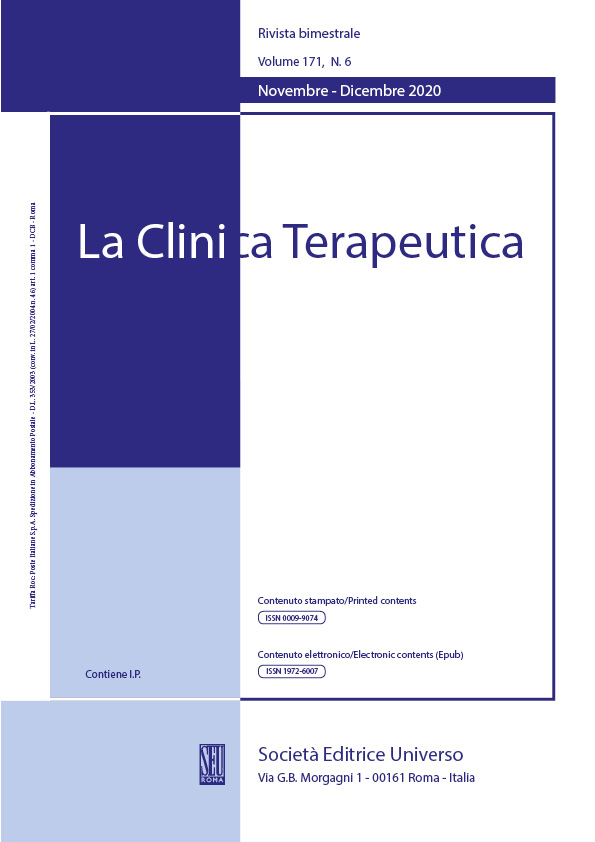Abstract
Abstract: Gelli-Bianco law (Law no. 24/2017) intervenes both in order to divide healthcare liability between the healthcare professional and the facility in which he/she exercises and to incentivize the latter to adopt an organizational model suitable for managing the risk associated with the provision of any healthcare service, including the information for consent. In fact, the healthcare facility must guarantee clear, complete and adequate information on the specific case, which, therefore, cannot consist of standard forms to be signed by the patient, under penalty of a flawed consent to treatment and consequent healthcare liability in the event of an adverse event.
The regulation mandates that safety must be guaranteed through proper prevention tools and health care risk management, in conjunction with the most effective use of structural, technological and organizational resources available. It further spells out the obligation of health care professionals to contribute to risk prevention while administering health care procedures.
For this reason, the consent information constitutes a source of risk for the responsibility of the healthcare provider and the Facility and it must necessarily be managed.
Risk Management is the management tool that can allow the healthcare facility to improve the quality and safety of the services provided, optimizing the risk of adverse events through proper monitoring of the same.
This paper will be published, following a special agreement, on the two journals "Igiene e Sanità Pubblica" and "La Clinica Terapeutica", in Italian and in English, in order to increase the diffusion to a wider audience.
